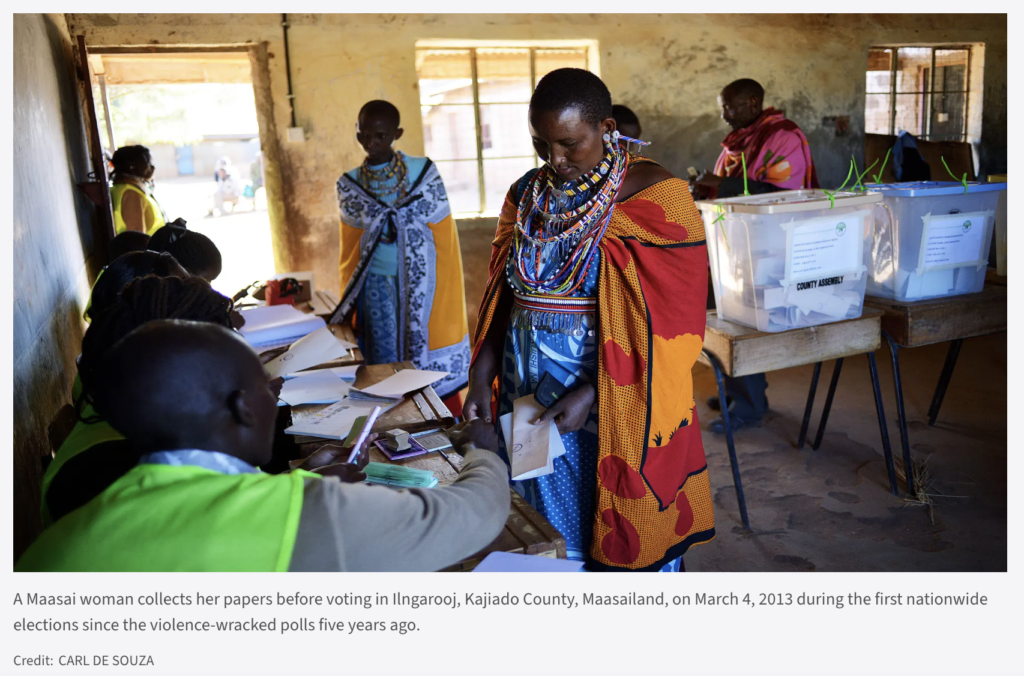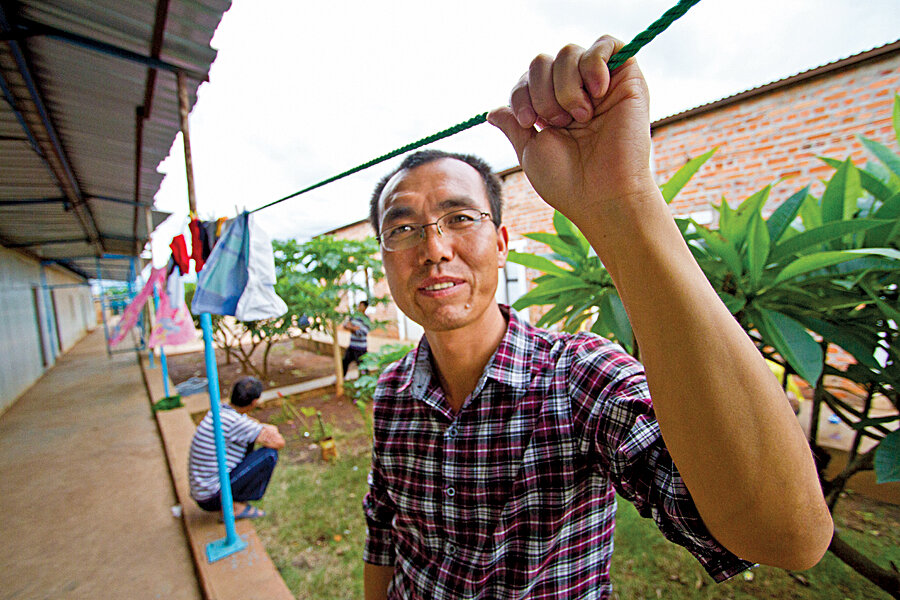From a society split between Muslims and Christians comes a model for peaceful political change.

Maria Kashonda pages through her copy of the proposed constitution she helped draft as a member of the Constitutional Review Commission. She says People are putting aside their religious differences to fight for guarantees of rights like education and health, which she says are universal. (Jacob Kushner/GlobalPost)
ZANZIBAR, Tanzania – Political divisions in this East African nation are so profound that to achieve some sort of unity may, paradoxically, require dividing the country even further—into as many as three governments within a single state.
That’s the proposal put forth by a group of politicians drafting a new constitution intended to usher in prosperity for all Tanzania’s people, urban and rural, rich and poor. That task appears even more daunting given that Tanzanians are further divided by religion, split between Christians and Muslims and those who are animist or practice local religions.
And yet the one thing nearly everyone in Tanzania agrees on is that religion should have little or nothing to do with the constitutional process.
“Wherever you are, you want good education, health services—these things are universal,” said Maria Kashonda, member of the Constitutional Review Commission. “People are putting aside their religious differences for these.”
Read the full story as it appeared at GlobalPost.







